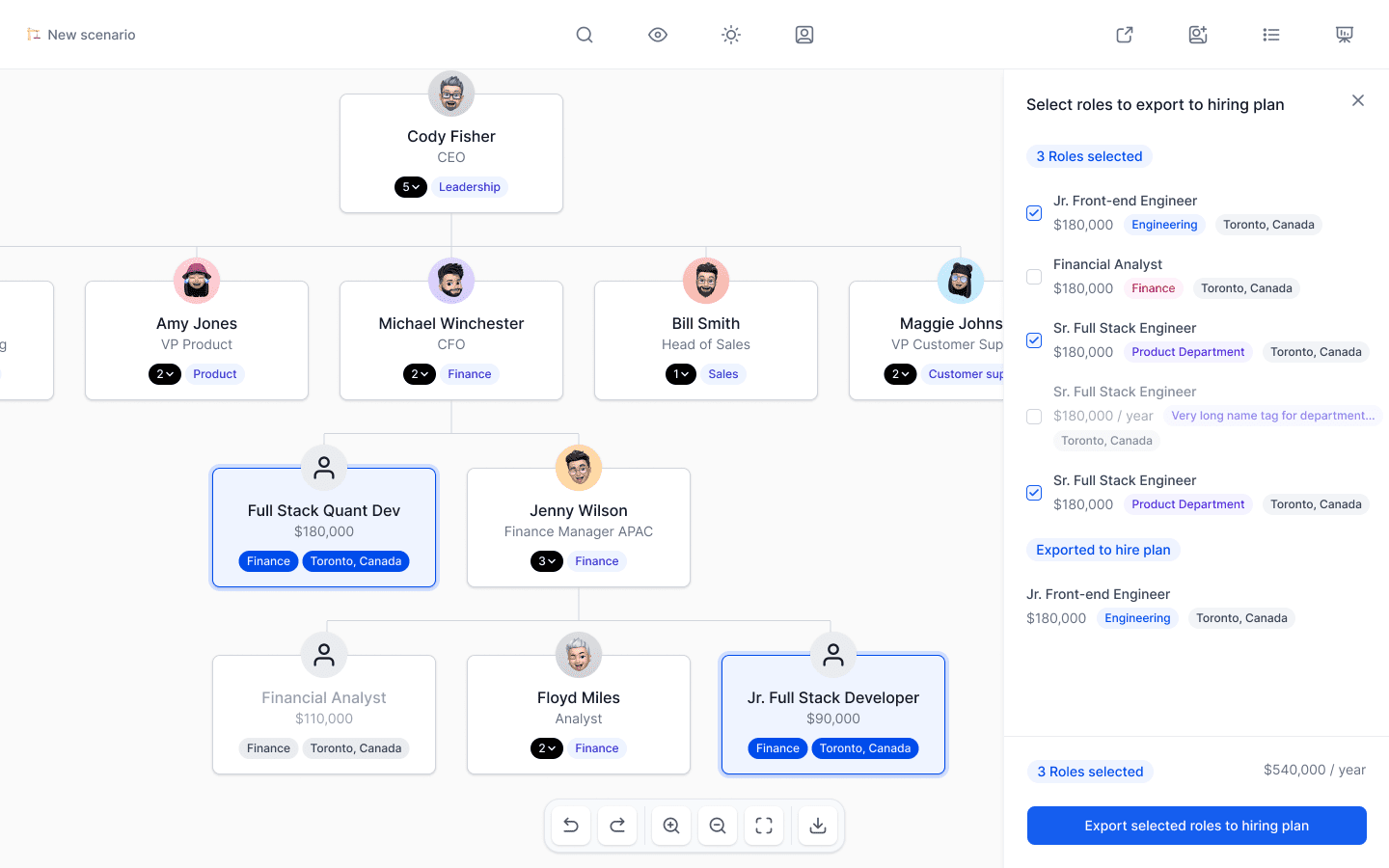Introduction
The role of people leaders has evolved significantly in recent years, due to increased globalization of teams, rise of analytics, and volatile macroeconomic conditions. People leaders are now expected to be strategic, analytical thinkers that collaborate with the executive team to drive forward business outcomes.
In this blog post, we will explore the new role of people leaders, highlighting the key attributes and responsibilities that define their position in today’s rapidly changing business landscape.
Key Roles for Modern People Leaders
Strategic Thinker
People leaders are no longer limited to administrative tasks and traditional HR functions. They are now expected to serve as strategic partners to the organization, contributing to the overall business strategy. This involves understanding the company’s goals, identifying talent gaps, and developing strategies to attract, retain, and develop the right employees to drive the organization forward.
Data-Driven Decision-Maker
Data-driven decision-making is now an essential skill for people leaders. By leveraging data analytics and HR technologies, people leaders can make informed decisions about talent management, employee engagement, and organizational development. This involves identifying trends, monitoring key performance indicators, and using data insights to inform strategies and improve overall organizational performance.
Change Agent
The modern workplace is characterized by constant change, and people leaders must be agile, adaptable, and resilient. They are responsible for guiding their teams through organizational transformations, whether it’s adapting to new technologies, implementing new processes, or navigating mergers and acquisitions. Effective people leaders must be skilled in change management, communication, and fostering a growth mindset within their teams.
Employee Experience Architect
In an era where employee experience is paramount, people leaders must focus on creating a positive work environment that prioritizes employee well-being, satisfaction, and engagement. This requires being in tune with employees’ needs and preferences, designing policies that support work-life balance, and fostering a culture of continuous learning and development.
Talent Developer
People leaders are essential in cultivating a strong talent pipeline within the organization. This involves identifying high-potential employees, providing them with opportunities for growth and development, and ensuring that they are equipped with the skills and competencies needed to excel in their roles. By nurturing and developing talent, people leaders can boost employee engagement, retention, and overall organizational success.
Conclusion
The role of people leaders has evolved to encompass a wide range of responsibilities and skills, reflecting the dynamic and complex nature of the modern workplace. By embracing their new role as strategic partner and data driven decision makers, people leaders can effectively guide their organizations towards success in the current business landscape.
